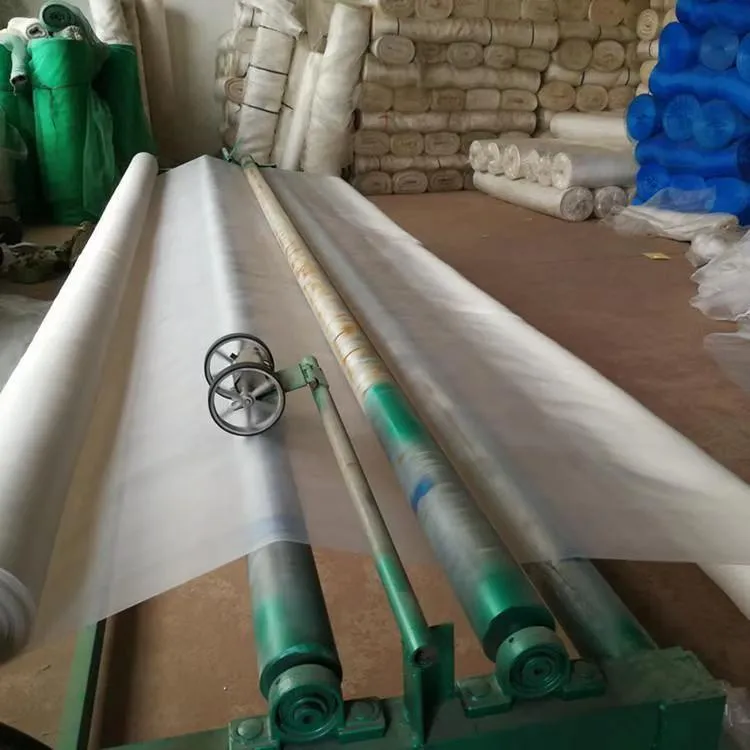-
 Afrikaans
Afrikaans -
 Albanian
Albanian -
 Amharic
Amharic -
 Arabic
Arabic -
 Armenian
Armenian -
 Azerbaijani
Azerbaijani -
 Basque
Basque -
 Belarusian
Belarusian -
 Bengali
Bengali -
 Bosnian
Bosnian -
 Bulgarian
Bulgarian -
 Catalan
Catalan -
 Cebuano
Cebuano -
 China
China -
 Corsican
Corsican -
 Croatian
Croatian -
 Czech
Czech -
 Danish
Danish -
 Dutch
Dutch -
 English
English -
 Esperanto
Esperanto -
 Estonian
Estonian -
 Finnish
Finnish -
 French
French -
 Frisian
Frisian -
 Galician
Galician -
 Georgian
Georgian -
 German
German -
 Greek
Greek -
 Gujarati
Gujarati -
 Haitian Creole
Haitian Creole -
 hausa
hausa -
 hawaiian
hawaiian -
 Hebrew
Hebrew -
 Hindi
Hindi -
 Miao
Miao -
 Hungarian
Hungarian -
 Icelandic
Icelandic -
 igbo
igbo -
 Indonesian
Indonesian -
 irish
irish -
 Italian
Italian -
 Japanese
Japanese -
 Javanese
Javanese -
 Kannada
Kannada -
 kazakh
kazakh -
 Khmer
Khmer -
 Rwandese
Rwandese -
 Korean
Korean -
 Kurdish
Kurdish -
 Kyrgyz
Kyrgyz -
 Lao
Lao -
 Latin
Latin -
 Latvian
Latvian -
 Lithuanian
Lithuanian -
 Luxembourgish
Luxembourgish -
 Macedonian
Macedonian -
 Malgashi
Malgashi -
 Malay
Malay -
 Malayalam
Malayalam -
 Maltese
Maltese -
 Maori
Maori -
 Marathi
Marathi -
 Mongolian
Mongolian -
 Myanmar
Myanmar -
 Nepali
Nepali -
 Norwegian
Norwegian -
 Norwegian
Norwegian -
 Occitan
Occitan -
 Pashto
Pashto -
 Persian
Persian -
 Polish
Polish -
 Portuguese
Portuguese -
 Punjabi
Punjabi -
 Romanian
Romanian -
 Russian
Russian -
 Samoan
Samoan -
 Scottish Gaelic
Scottish Gaelic -
 Serbian
Serbian -
 Sesotho
Sesotho -
 Shona
Shona -
 Sindhi
Sindhi -
 Sinhala
Sinhala -
 Slovak
Slovak -
 Slovenian
Slovenian -
 Somali
Somali -
 Spanish
Spanish -
 Sundanese
Sundanese -
 Swahili
Swahili -
 Swedish
Swedish -
 Tagalog
Tagalog -
 Tajik
Tajik -
 Tamil
Tamil -
 Tatar
Tatar -
 Telugu
Telugu -
 Thai
Thai -
 Turkish
Turkish -
 Turkmen
Turkmen -
 Ukrainian
Ukrainian -
 Urdu
Urdu -
 Uighur
Uighur -
 Uzbek
Uzbek -
 Vietnamese
Vietnamese -
 Welsh
Welsh -
 Bantu
Bantu -
 Yiddish
Yiddish -
 Yoruba
Yoruba -
 Zulu
Zulu
sun shade netting
The Importance and Benefits of Sun Shade Netting
Sun shade netting has become an essential tool for various industries and applications, ranging from agriculture to landscaping and even construction. As the global temperature continues to rise due to climate change, creating optimal conditions for plants, livestock, and outdoor spaces has become increasingly important. This article explores the significant advantages of using sun shade netting and its diverse applications.
Understanding Sun Shade Netting
Sun shade netting is typically made from high-density polyethylene (HDPE) or other UV-resistant materials, designed to reduce the intensity of sunlight reaching the surface beneath it. Available in various mesh sizes, colors, and densities, these nets can control light levels, protect against harsh weather conditions, and enhance the growth of plants. Their versatility makes them suitable for use in nurseries, greenhouses, and gardens, as well as in sports facilities and outdoor recreational spaces.
Agricultural Applications
One of the primary applications of sun shade netting is in agriculture. Farmers widely use these nets to protect their crops from excessive sunlight, particularly in regions with high solar radiation. By using shade netting, farmers can prevent sunburn on fruits and vegetables, which can lead to significant economic losses. Moreover, these nets help regulate the temperature and humidity levels around plants, creating a microclimate that fosters healthy growth and development.
In addition to protecting crops, shade netting can also reduce water evaporation. By minimizing direct sunlight on the soil, it helps retain moisture, which is particularly beneficial in arid regions where water is scarce. This water conservation not only aids in crop sustainability but also contributes to better yield and quality.
Livestock Protection
Beyond agriculture, sun shade netting is also vital for livestock management. Animals, especially those with sensitive skin or insufficient coat coverage, can suffer from heat stress during hot weather. By providing shaded areas, sun shade netting helps create a comfortable environment for livestock, contributing to their overall health and productivity. Proper shade reduces the risk of heat-related illnesses, improves feed efficiency, and enhances reproduction rates.
sun shade netting

Farmers often implement shade structures fitted with netting in pastures and animal enclosures, ensuring that their livestock have access to shelter from harsh sunlight, rain, and wind throughout the year.
Landscape and Outdoor Use
In landscaping, sun shade netting is utilized to create shaded areas for gardens, patios, and recreational spaces. Homeowners and businesses alike often opt for shade nets to protect outdoor furniture, reduce heat on sun-soaked surfaces, and create comfortable areas for relaxation and social gatherings.
In addition, sun shade netting is commonly used in sporting fields and playgrounds. The UV-blocking properties of shade nets protect children and athletes from harmful sun exposure, thereby reducing the risk of skin damage and heat-related illnesses during outdoor activities.
Environmental Impact
Another reason for the growing popularity of sun shade netting is its contribution to sustainable practices. By reducing the reliance on chemical pesticides and fertilizers—thanks to enhanced plant health and reduced water evaporation—shade netting supports organic farming methods. Furthermore, by promoting biodiversity, shade netting can help maintain balanced ecosystems, as it encourages plant growth that attracts beneficial insects and wildlife.
Conclusion
In summary, sun shade netting is an invaluable tool in modern agriculture, livestock management, landscaping, and environmental conservation. Its remarkable ability to moderate sunlight, reduce temperatures, and retain moisture plays a crucial role in enhancing productivity and sustainability. As we face increasingly unpredictable weather patterns and climate change effects, investing in sun shade netting can provide farmers, businesses, and homeowners with the means to adapt and thrive. Therefore, whether you're looking to protect delicate crops, create comfortable spaces for recreation, or promote healthy livestock, sun shade netting emerges as an effective solution that benefits not only individual users but also the environment as a whole.
-
Shipping Plastic Bags for Every NeedNewsJul.24,2025
-
Safety Netting: Your Shield in ConstructionNewsJul.24,2025
-
Plastic Mesh Netting for Everyday UseNewsJul.24,2025
-
Nylon Netting for Every UseNewsJul.24,2025
-
Mesh Breeder Box for Fish TanksNewsJul.24,2025
-
Expanded Steel Mesh Offers Durable VersatilityNewsJul.24,2025











